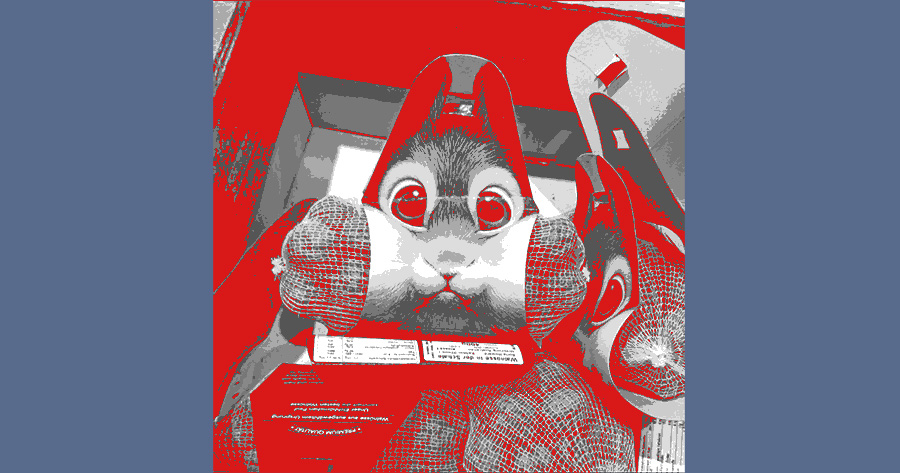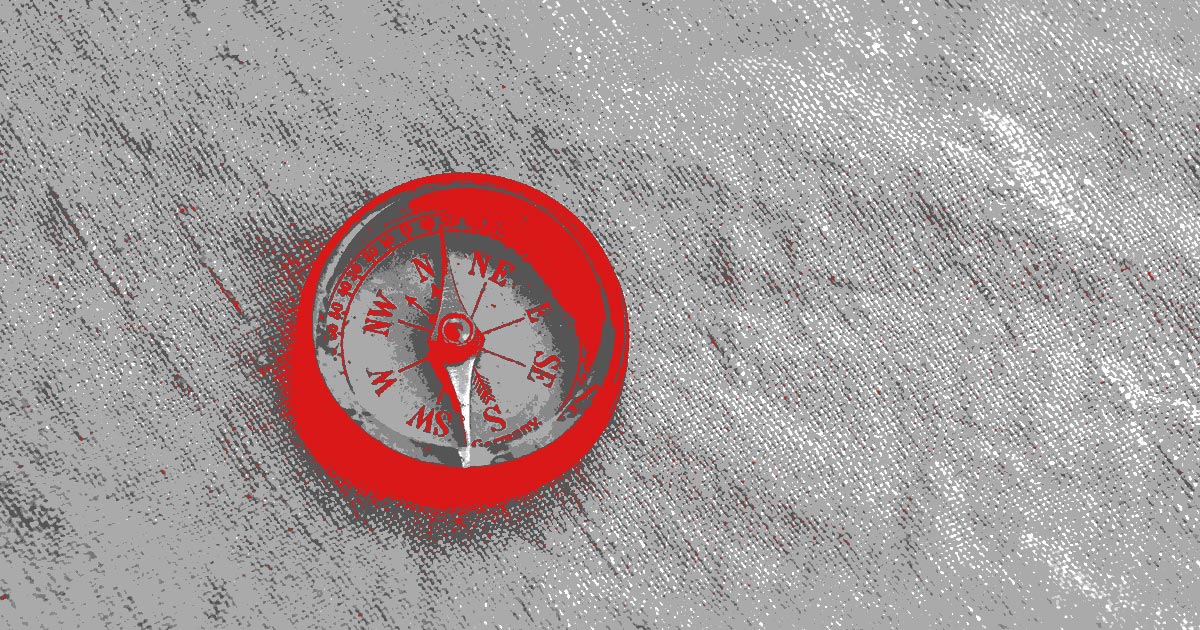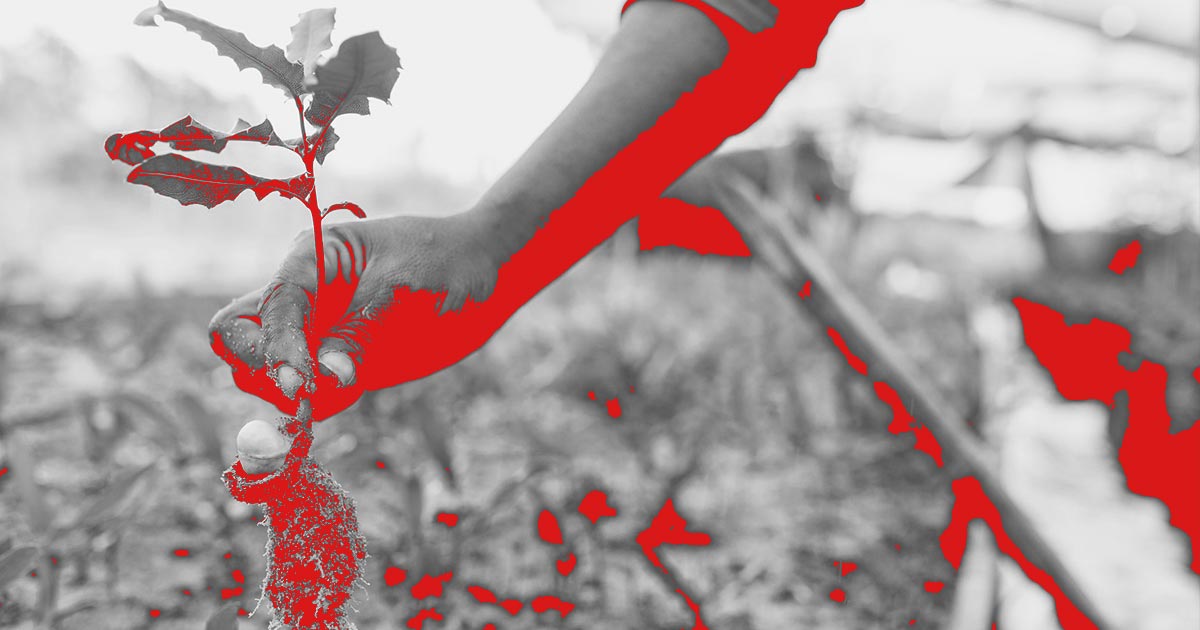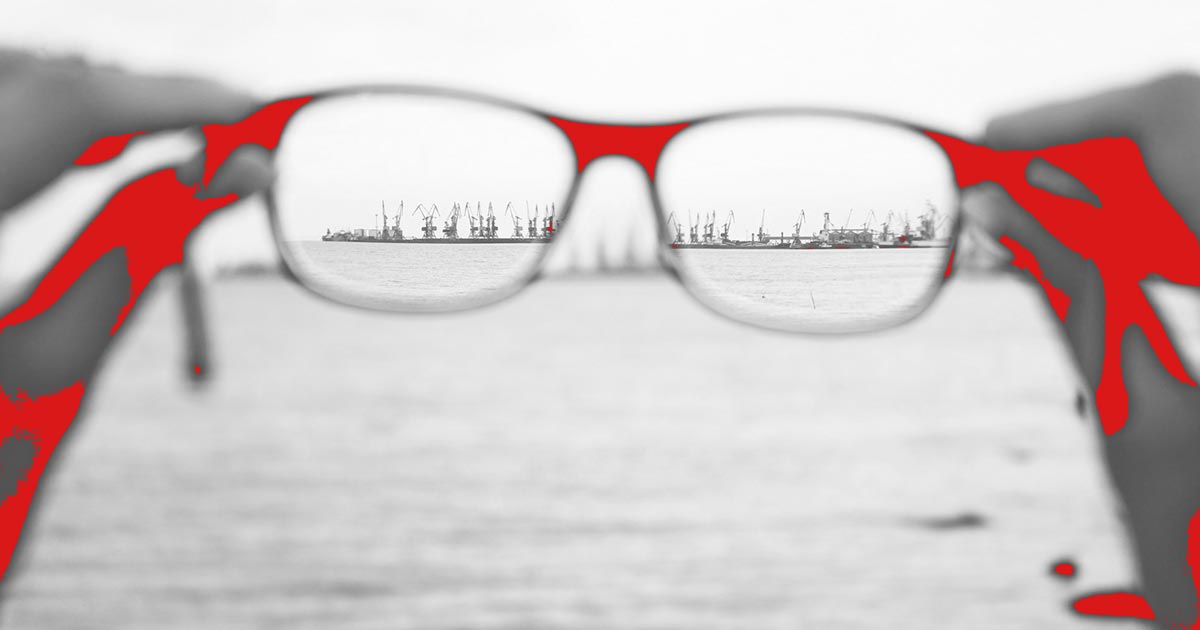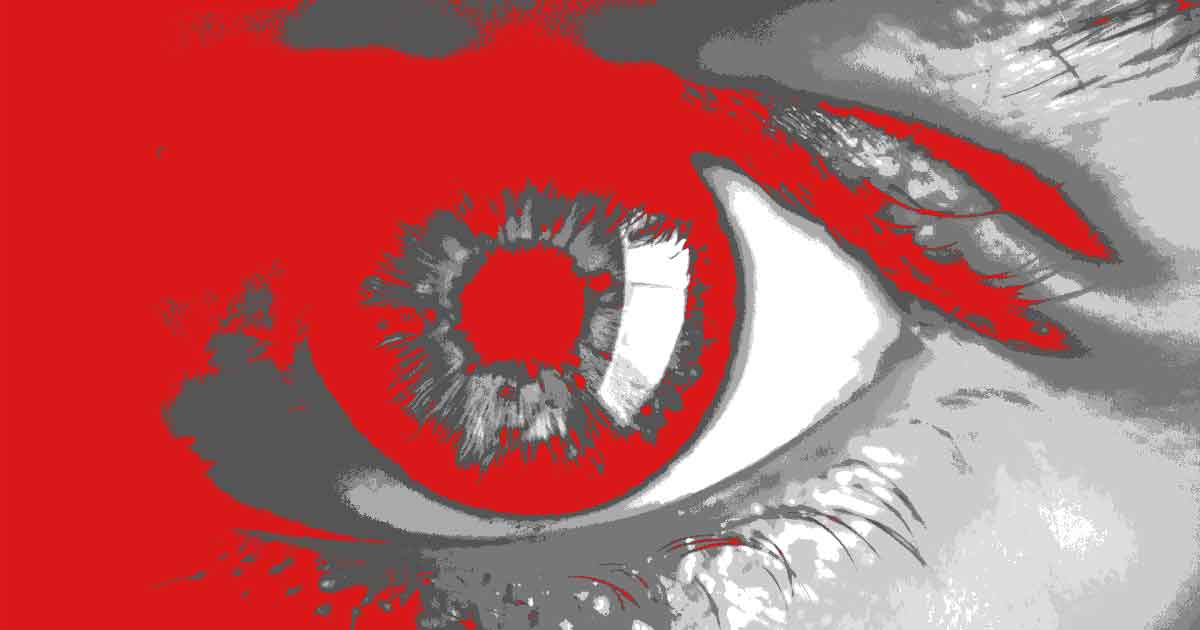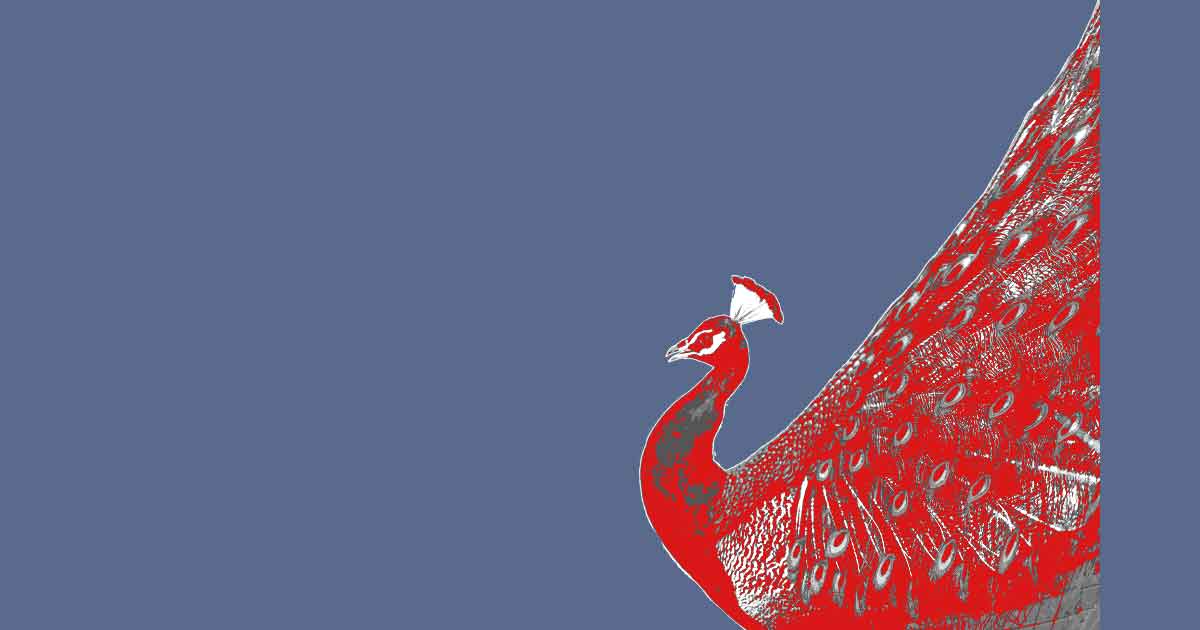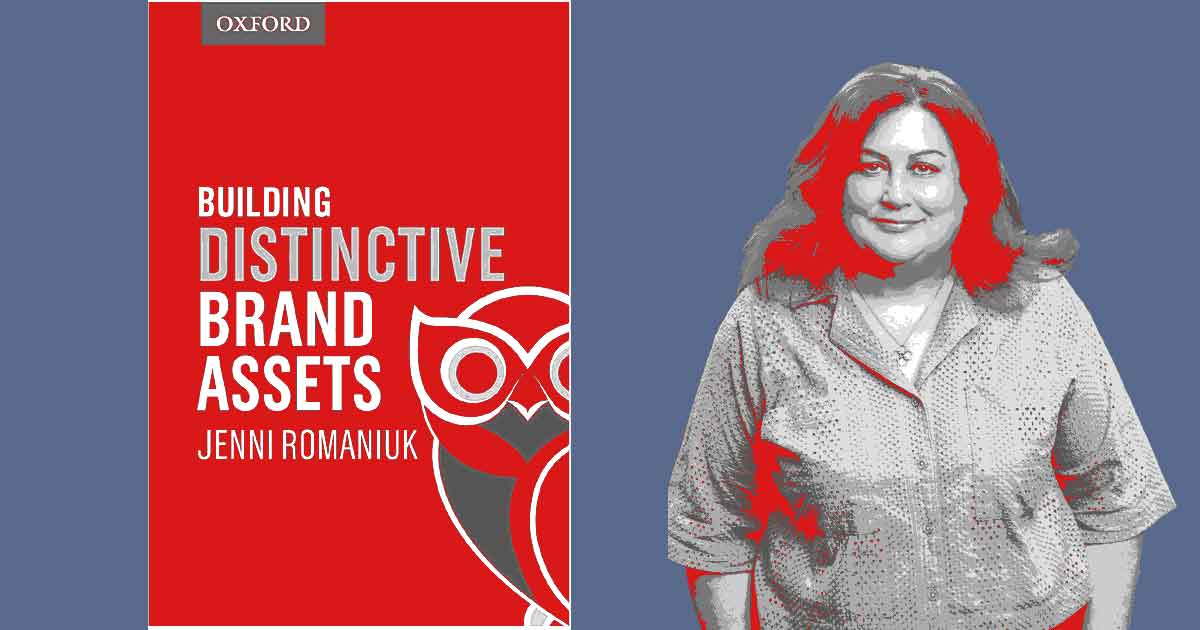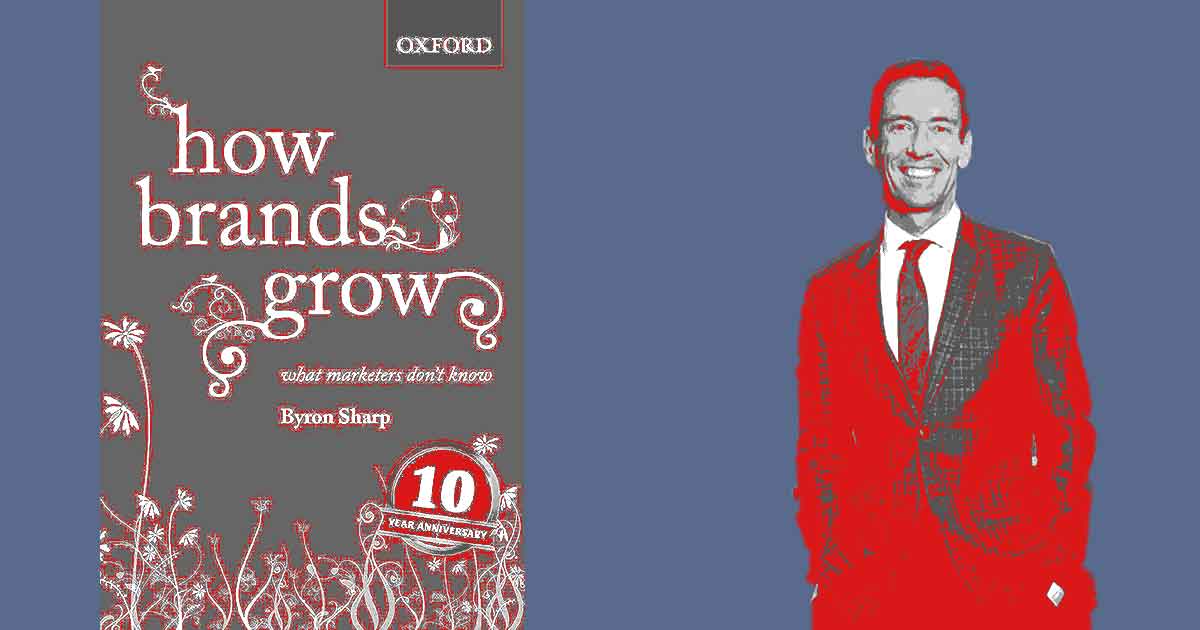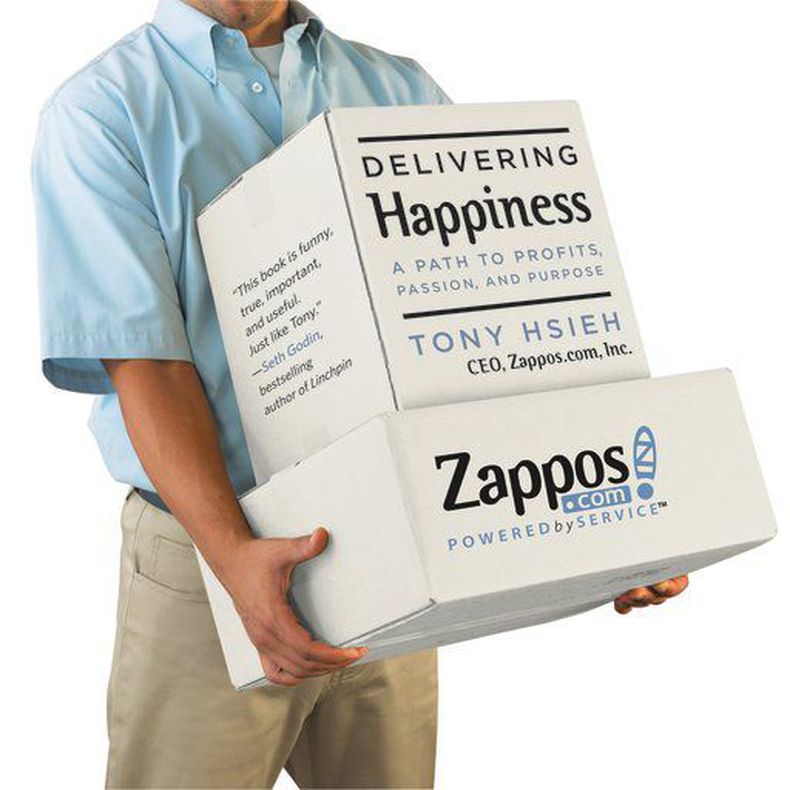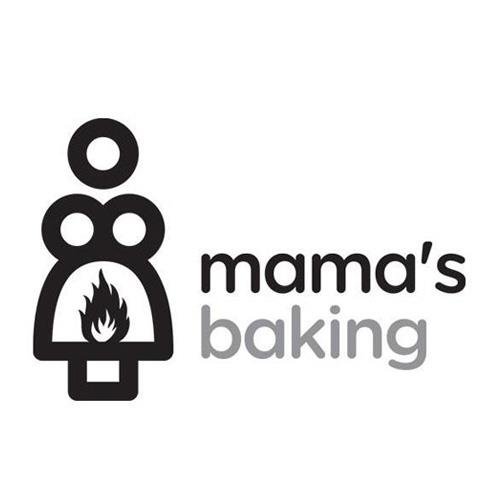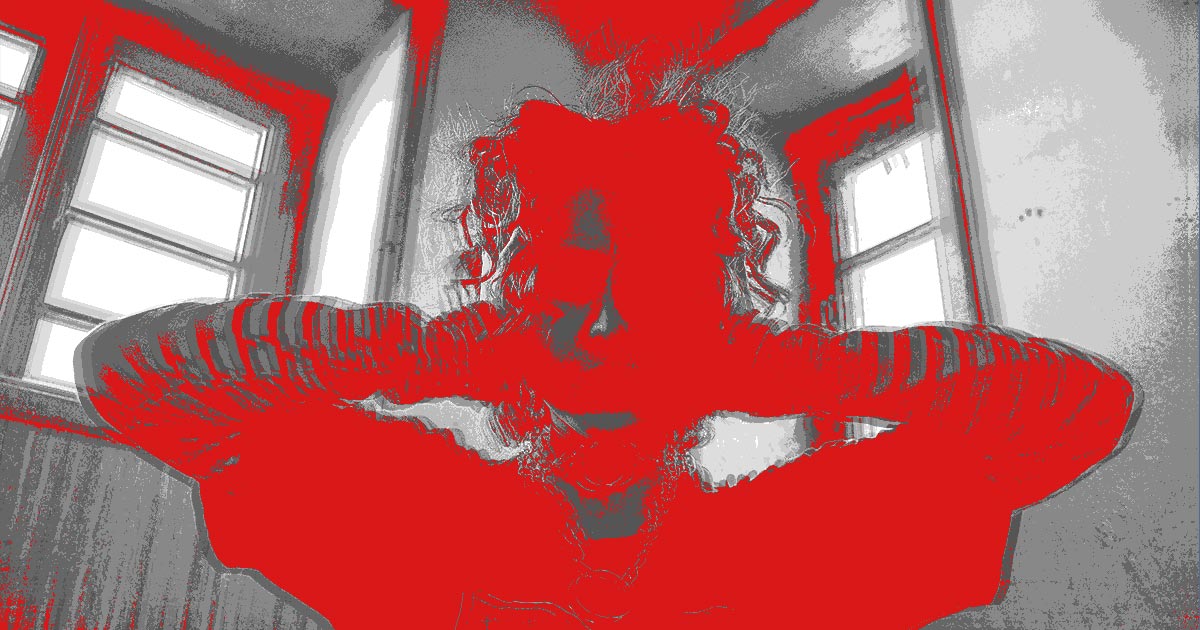
Brand Awareness Strategies for Small Businesses
In Singapore's ultra-competitive marketplace, simply being good isn't enough. If people don't know you exist, they won't buy. For startups, SMEs, law firms, wellness brands and gyms, brand awareness is the ignition switch for growth. At Your Marketing Rules, we believe that visibility leads to credibility—and credibility leads to clients.
1. Why brand awareness matters now
Whether you're a boutique gym in Orchard, a wellness studio in Tanjong Pagar, a SaaS startup or a specialist law firm in Raffles Place, the rule is the same: if your target audience doesn't recognise you, they'll pick someone else. In Singapore's market – saturated, fast-moving, digitally savvy – brand awareness becomes your competitive moat.
Strong brand visibility means lower cost of acquisition, faster growth and higher retention. It also means when someone hears your name, they assume you're credible. That psychological shorthand matters, especially when budgets are tight and trust is everything.
2. What brand awareness really means
Brand awareness is not the same as branding. Branding is the architecture: your purpose, identity, promise. Brand awareness is the public's recognition of it: do your prospects know you? Do they recall you? Do they recognise your logo, your tone, your presence? In behavioural terms, it's about mental availability.
As one guideline notes: brand-awareness campaigns show everything is working—from digital presence to customer service. :contentReference[oaicite:1] And in Singapore, you must think local: multi-cultural audiences, mobile-first habits, high expectations. :contentReference[oaicite:2]
3. Step 1: Clarify your brand story & promise
You cannot build awareness until you know what you're building awareness *of*. Your brand story is the narrative that explains why you exist. Your promise is what you deliver to your audience. Together, they create meaning and memory.
For example: a wellness brand might position itself as "Helping Singapore professionals recharge in 30 minutes of mindful movement." A law firm might articulate: "Simplifying business law for Singapore's growth-minded founders." When your story and promise are clear, your messaging becomes consistent—and consistency boosts recognition.
Singapore's SME ecosystem emphasises clarity: before you go wide, get the fundamentals right. :contentReference[oaicite:3] When your narrative is weak, awareness is fragmented and fleeting.
4. Step 2: Choose the right channels for your audience
Awareness isn't about being everywhere—it's about being where your audience is. For startups, SMEs, law firms, wellness brands and gyms in Singapore, channel choices differ.
- Startups & SMEs: LinkedIn (for B2B), Instagram (for brand-led), Google Search (for demand capture).
- Law firms: Thought-leadership content (LinkedIn, Medium), PR placements, webinars.
- Wellness brands & gyms: Instagram, TikTok, YouTube Shorts, local events/pop-ups.
Given Singapore's mobile uptake and social media habits, make sure your content is optimized for mobile, quick-to-consume and visually engaging. When you combine the right channel with your clear brand story, you amplify your visibility.
5. Step 3: Optimise for local visibility & search
Many small businesses underestimate how vital local search and SEO are to brand awareness. For Singapore-based brands, visibility in Google, Google Maps, and mobile search equals awareness.
Key tactics include:
- Claim and optimise your Google Business Profile (formerly Google My Business) with accurate NAP (Name, Address, Phone) details, updated photos, and reviews.
- Use localised keywords like "wellness studio Singapore", "SME marketing consultancy Singapore" or "law firm for startups Singapore".
- Ensure consistent branding across site and citations—this reinforces your brand's authority and recognition. Resources for Singapore SMEs emphasise this. :contentReference[oaicite:4]
When someone searches "gym near me Singapore" or "startup marketing agency Singapore", if your brand shows up, you've not just captured a click—you've reinforced awareness.
6. Step 4: Content marketing & social media to build recognition
The heart of long-term awareness is content that educates, engages and embeds your brand story. For small businesses, cost-effective content wins.
Some credible tactics:
- Publish blog posts on your website that answer your target audience's questions (e.g., "How do Singapore SMEs grow brand awareness?"), linking to your internal service pages like Marketing Consultancy.
- Use video content—short, mobile-first, value-led. Wellness brands and gyms can show 15-second drills; law firms can offer quick legal tips.
- Leverage social proof and user-generated content—when others speak of you, awareness multiplies.
- Repurpose content across channels: blog → LinkedIn article → Instagram carousel → short video.
The aim here is repetition: the more your brand appears in meaningful contexts, the more mental availability you build. As a trusted guide notes: consistency in look, voice and messaging is critical. :contentReference[oaicite:5]
7. Step 5: Partnerships, influencers, community & word-of-mouth
In the SME and startup ecosystem especially, you don't always have huge budgets—but you do have networks. Leveraging partnerships and community can significantly boost brand awareness.
Consider:
- Collaborate with complementary brands. A wellness brand might team up with a healthy café; a law firm might host a startup workshop with a co-working space.
- Use micro-influencers. In Singapore's tight-knit niche communities, a well-chosen micro-influencer can deliver believability and reach efficiently. :contentReference[oaicite:6]
- Encourage referrals and ambassador programmes. Word-of-mouth is awareness on autopilot. :contentReference[oaicite:7]
8. Step 6: Experiential & offline tactics
Even in a digital-first age, real-world presence matters—especially for wellness brands, gyms and law firms. Experiential tactics help you create memorable interactions and increase brand recall. :contentReference[oaicite:8]
Ideas include:
- Pop-up events or meet-ups (wellness workshop in a CBD building, gym free trial day, law firm hosting lunch-and-learn for SME founders).
- Branded merchandise or giveaways (good for awareness when your brand moves into the physical world).
- Speaking engagements or community sponsorship (law firm sponsoring SME networking event, wellness brand sponsoring charity fun run, gym partnering with corporate wellness programme).
These tactics generate visibility, create stories and give your brand a chance to stick in people's minds.
9. Step 7: Monitor, measure & iterate brand awareness
Unlike short-term campaigns, brand awareness-building is long-term—but that doesn't mean you can't measure. Track metrics like:
- Branded search volume (how often people search your name).
- Direct traffic (people typing your URL or clicking brand-named links).
- Social mentions & shares (how often your brand is talked about).
- Engagement on content (time on site, repeat visits).
- Survey feedback, net-promoter score, sentiment.
Resources for Singapore businesses emphasise the need for measurement frameworks. :contentReference[oaicite:9] Use these metrics to refine: what's working? Which channels are building awareness? Which are not? Then reallocate resources accordingly.
10. Sector-specific insights for Singapore-based businesses
Here's how awareness strategies vary across your key sectors:
Startups
Startups often need to build credibility quickly. Use thought leadership, PR, startup-ecosystem partnerships (accelerators, co-working spaces) and peer networks to amplify your brand. Don't try to be everything—pick one differentiator and broadcast it.
SMEs
For established SMEs, brand awareness can be about expansion: new services, entering new segments, or building employer brand. Maintain your heritage but refresh your visibility with content, local SEO and partnerships.
Law firms
In professional services, trust is currency. Awareness tactics should emphasise expertise, clarity and human-isation. Host free seminars for business owners, produce legal-tips content, appear in B2B podcasts or local publications targeted at SMEs.
Wellness brands
Wellness is a crowded space in Singapore. To stand out, rely on authenticity, storytelling and community. Use local influencers, create sample-sessions, bring your brand to workplaces, and integrate user-generated content to build recognition.
Gyms & fitness studios
Here awareness often competes on price and promotions. Instead, build your brand around identity: "Be part of our tribe", "we deliver results in 30 minutes", "this is your club". Use social media to share real member stories, partner with offices, sponsor sports events and local runs.
Across all sectors: localising matters. Singapore's multicultural audience expects relevant language, culturally sensitive visuals and experiences that respect local norms.
Conclusion
Brand awareness is not a luxury—it is the strategic leverage that transforms visibility into growth. For Singapore's startups, SMEs, law firms, wellness brands and gyms, winning the awareness game means clarity of story, smart channel choice, local SEO, creative partnerships, consistent execution and measurement.
At Your Marketing Rules, we help ambitious Singapore-based businesses make noise that matters. If you're ready to move from "who are you?" to "I know who you are—and I want you", we should talk.
Topics covered
- 1. Why brand awareness matters now
- 2. What brand awareness really means
- 3. Step 1: Clarify your brand story & promise
- 4. Step 2: Choose the right channels for your audience
- 5. Step 3: Optimise for local visibility & search
- 6. Step 4: Content marketing & social media to build recognition
- 7. Step 5: Partnerships, influencers, community & word-of-mouth
- 8. Step 6: Experiential & offline tactics
- 9. Step 7: Monitor, measure & iterate brand awareness
- 10. Sector-specific insights for Singapore-based businesses
- Conclusion
Latest articles
February 4, 2026
February 4, 2026
February 4, 2026
Written by : Mark Rowland
Mark's been working in and interested in all things marketing since 2010.

